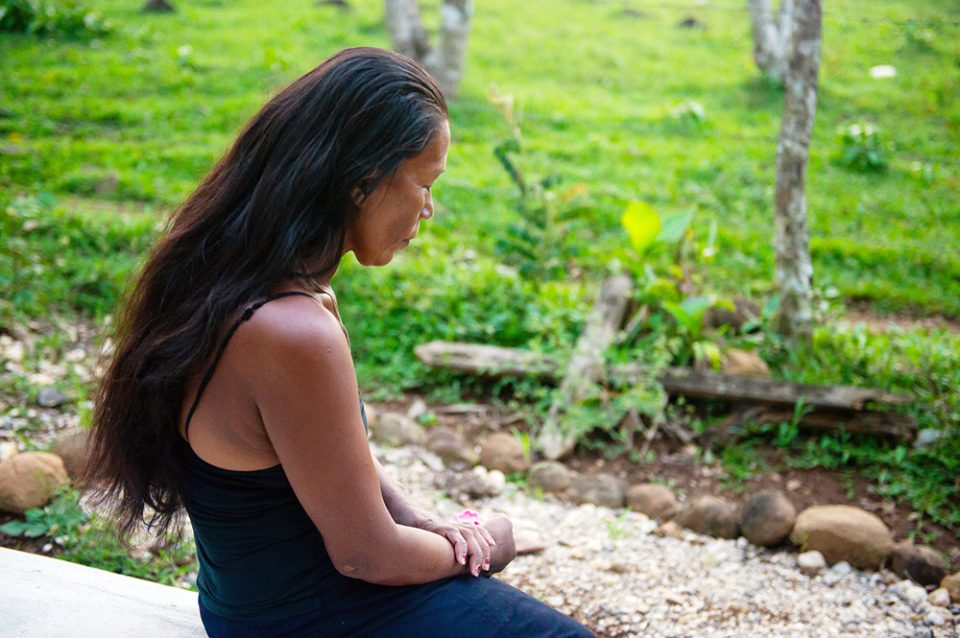The Miskito people are an indigenous ethnic group primarily located in the Miskito Coast region of Nicaragua and Honduras. They are known for their unique language, culture, and history, which have been shaped by their environment and interactions with other groups over the centuries. The Miskito people have a rich and diverse cultural heritage that is reflected in their traditional practices, beliefs, and customs. Their language, also called Miskito, is a member of the Misumalpan language family and is spoken by the majority of the Miskito population. The language is an important part of their identity and has been passed down through generations, although it is now at risk of being lost as younger generations increasingly speak Spanish and English.
Historically, the Miskito people have had a complex relationship with outside groups, including European colonizers, African slaves, and other indigenous peoples. This has influenced their social structure, economy, and political organization. The Miskito Coast was an important hub for trade and exchange, and the Miskito people developed a reputation as skilled sailors and traders. The Miskito people have also faced significant challenges throughout their history, including conflicts with colonial powers, land dispossession, and the impact of natural disasters. In recent decades, they have also been affected by political instability, economic marginalization, and environmental degradation in their traditional territories.
Despite these challenges, the Miskito people have shown resilience and determination in preserving their cultural heritage and asserting their rights. They have organized to defend their land rights, promote sustainable development, and revitalize their traditional practices. In recent years, there has been a growing recognition of the importance of indigenous rights and knowledge, leading to increased support for Miskito initiatives and projects. The Miskito people continue to face ongoing challenges related to poverty, healthcare, education, and access to resources. Efforts to address these challenges have been hindered by limited infrastructure, political tensions, and the remote nature of their communities. However, there are ongoing efforts to improve living conditions and create opportunities for sustainable development in the Miskito Coast region.
In conclusion, the Miskito people have a unique and valuable cultural heritage that deserves recognition and support. Their history, language, and traditions are an important part of the world’s cultural diversity, and efforts to preserve and promote them are essential. By working together with the Miskito people and respecting their rights and knowledge, we can contribute to a more inclusive and sustainable future for all.


